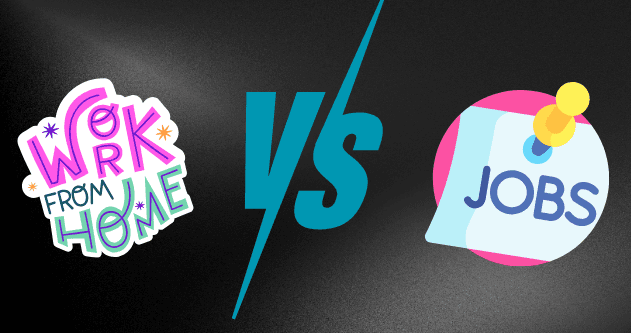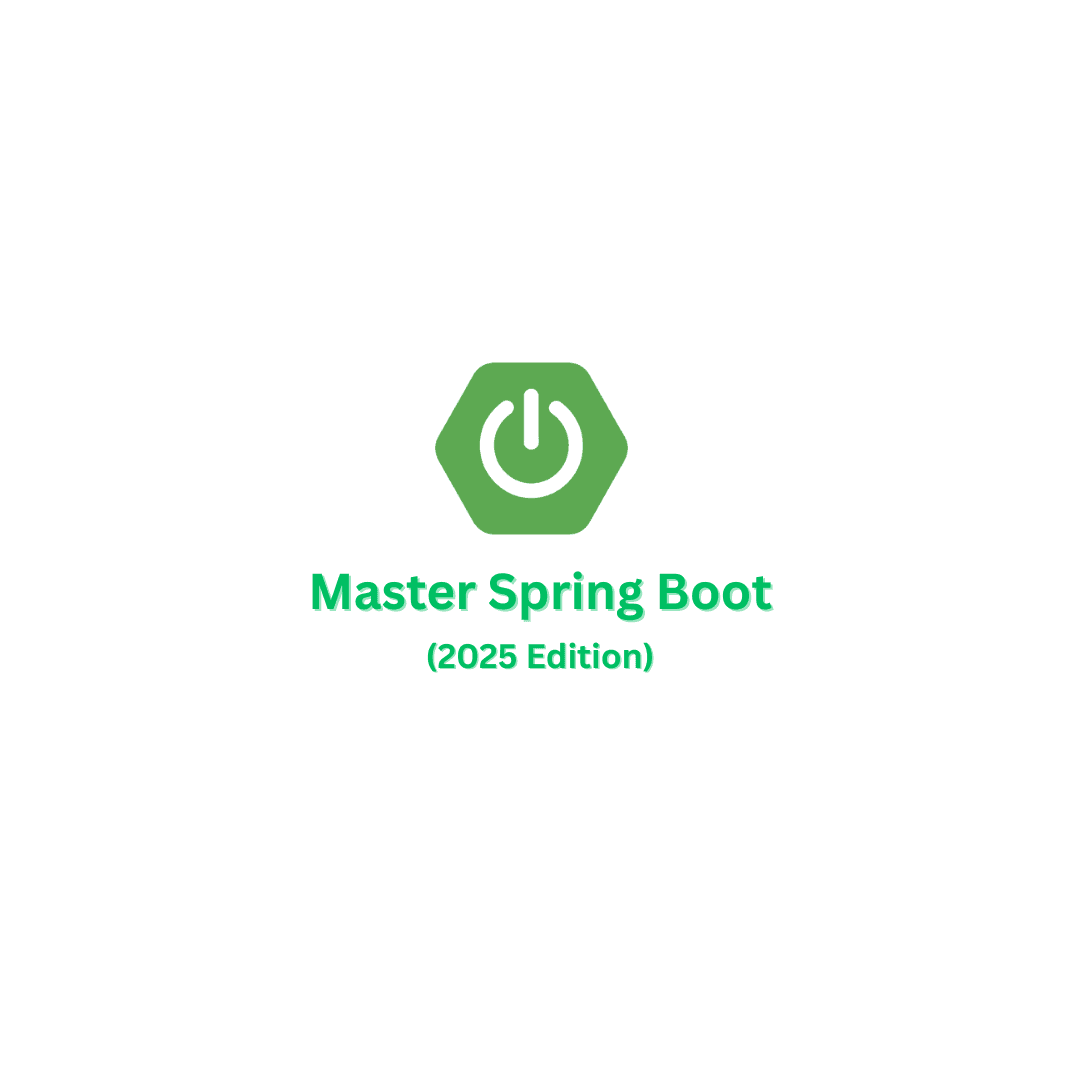Freelancing vs Full-Time Job in 2025 – Salary, Freedom & Real Earnings Compared
Freelancing vs Full-Time Job 2025: Career, Income & Work-Life Balance
In today’s ever-changing career landscape, the classic 9-to-5 feels less mandatory. With platforms like Upwork and Fiverr fueling the gig economy, freelancing is tempting millions. But is freelancing better than the steady paycheck of a traditional job? Or does the security of a full-time role still reign supreme?
If you’re torn between freelancing vs. a traditional job, this guide is for you. We’ll break down the pros, cons, and real-world examples to help you choose the path that fits your life. Let’s dive in!
What is Freelancing?
Freelancing means working independently, offering skills to clients on a project basis. Think graphic designers crafting logos for startups or writers creating SEO-friendly blog posts (like this one!). Platforms like Freelancer.com or LinkedIn make finding gigs easier than ever.

Key Benefits:
-
Flexibility: Set your own hours and work from anywhere—think coffee shops or Bali beaches.
- Unlimited Earnings: Top freelancers on Upwork earn six figures by scaling services, like offering premium packages. No salary cap!
- Skill Growth: Learn marketing, invoicing, or tools like Canva to stay competitive.
Challenges:
- Income Instability: Some months are flush, others dry. In 2020, many freelancers faced gig droughts.
- No Benefits: You cover health insurance and taxes. Budgeting is key.
- Self-Discipline: Juggling clients and deadlines without a boss takes grit.
- Isolation: Solo work can feel lonely compared to office banter.
What is a Traditional Job?
A traditional job means employment with a company, offering a fixed salary, benefits, and set hours. Think office roles or remote tech jobs with perks like 401(k)s.

Key Benefits:
-
Stability: Regular paychecks and benefits like health insurance. John, a software engineer, plans family trips stress-free thanks to his steady income.
- Career Growth: Companies provide training and promotions. Many offer certifications, like Agile for project managers.
- Work-Life Balance: Clock out at 5 PM and leave work behind.
- Social Vibes: Team meetings and happy hours build connections.
Challenges:
-
Limited Flexibility: Fixed hours and commutes can feel restrictive.
- Capped Earnings: Raises are slow, even for top performers.
- Less Freedom: Company rules might stifle creativity.
- Layoff Risks: Even big names like Google cut jobs in 2023.
Freelancing vs. Traditional Job: Head-to-Head
| Factor | Freelancing | Traditional Job |
|---|---|---|
| Flexibility | High – set your schedule | Low – fixed hours |
| Income Stability | Variable | High – regular paycheck |
| Benefits | Self-provided | Employer-provided |
| Growth Potential | Unlimited, self-driven | Structured promotions |
| Social Aspect | Often solo | Team-based |
Real-Life Examples
-
Freelancer Win: Emily ditched her marketing job to freelance. Specializing in SEO content, she earns 50% more and homeschools her kids. Year one was tough building clients, but tools like Trello kept her organized.
- Job Win: Mike, a project manager at a Fortune 500 firm, loves his stable salary and free Agile training. He misses freelancing’s creative spark but values the security.
Freelancing vs. Traditional Job: Which Option Suits You?

- Choose Freelancing if you crave freedom, variety, and high earning potential. Ideal for self-starters comfortable with risk.
- Choose a Full-Time Job if you want stability, benefits, and structured career growth. Perfect for those valuing predictability.
FAQs: Freelancing vs Full-Time Job
Q1: Is freelancing more profitable than a job?
A: Skilled freelancers may earn more than employees, but income can fluctuate.
Q2: Do freelancers get benefits?
A: No. They manage health insurance, taxes, and retirement themselves.
Q3: Which offers better work-life balance?
A: Freelancing is flexible with hours and location. Jobs have fixed hours but clear boundaries.
Q4: Is freelancing or a job more secure?
A: Traditional jobs are more stable; freelancing can vary month-to-month.
Q5: Can I do both freelancing and a job?
A: Yes! Part-time freelancing plus a job can provide extra income and security.
Q6: What skills help in freelancing?
A: Self-discipline, communication, marketing, time management, and specialized skills like SEO or design.
Q7: Who should choose a traditional job?
A: Those seeking stability, benefits, and structured career growth.
Q8: Who should choose freelancing?
A: Self-motivated individuals who value freedom, variety, and higher earning potential.




